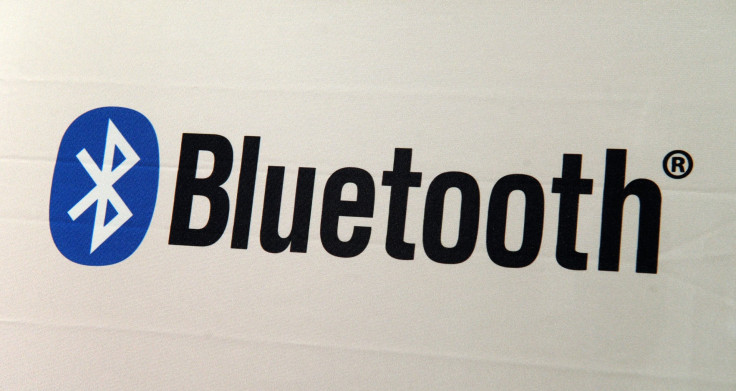Bluetooth 2016 Upgrades Will Bring Faster Speeds, Longer Range And Mesh Networking

The growing number of connected devices, smartwatches and home appliances has pushed Bluetooth to its limits. That means it’s time for another upgrade to the 21-year-old wireless communication standard.
Starting in 2016, Bluetooth technology will begin receiving upgrades that will introduce support for longer-range wireless connections, faster communication speeds and support for mesh networking -- which allows several devices to connect to each other simultaneously, according to the Bluetooth Special Interest Group.
“Current projections put the market potential for [the Internet of Things] between $2 trillion and $11.1 trillion by 2025,” Toby Nixon, chairman of the Bluetooth Special Interest Group board of directors, said in a press statement. “The technical updates planned for Bluetooth technology in 2016 will help make these expectations a reality and accelerate growth in [the Internet of Things].”
The Bluetooth Smart standard supports communication ranges that top out in the range of 50-100 meters, for some devices. In 2016, it’s expected to reach up to four times its maximum range. This will be particularly beneficial for connected homes that use many Bluetooth appliances, lightbulbs, locks, sensors, switches and audio equipment. The addition of mesh networking support for the Bluetooth standard will also help with the range limitations of the standard, by allowing devices to connect to each other without the need of a separate wireless access point.
Connection speeds are also expected to increase by 100 percent, without increasing how much energy is used. This can enable faster communication between devices, especially smartwatches such as the Apple Watch, which use the standard alongside Wi-Fi to receive data, notifications and content.
Connected devices may also be used in larger applications such as real-time management of city resources, healthcare, smart homes and smart commercial buildings. Market research firm Gartner anticipates that so-called smart cities will use 1.1 billion connected devices by the end of 2015, with that number rising to 9.7 billion by 2020.
© Copyright IBTimes 2024. All rights reserved.




















